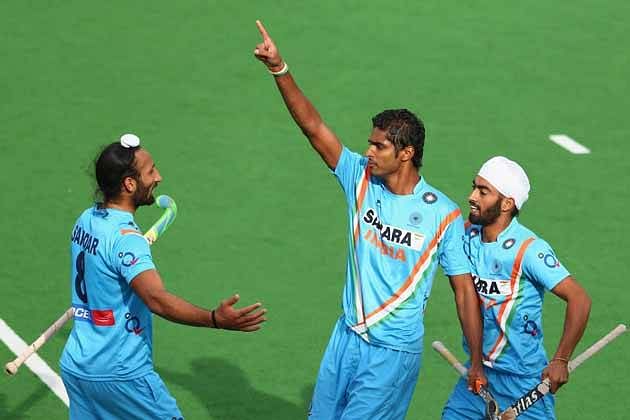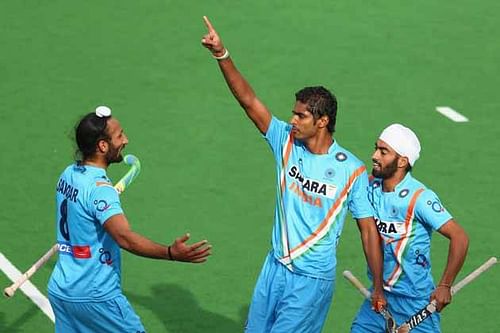
Want to qualify for Rio again: Indian men's hockey team coach Paul van Ass

Despite already qualifying for the 2016 Rio Olympics, Indian men’s hockey team coach Paul van Ass is refusing to take the upcoming World Hockey League (WHL) semi-finals, through which teams can qualify for the Olympics, lightly. Van Ass wants the team to iron out their weaknesses and prove their quality.
The top 3 finishing teams in the WHL will automatically qualify for Rio. However, India, courtesy of winning the Asian Games in 2014, have already qualified for the Olympics and are looking to “do it again” according to the Dutchman.
“I have asked them to qualify (for the Rio Games) once again which means the aim is to finish among the top three. If we manage to do it again, it will prove that we have done it the right way,” said Van Ass.
The former Netherlands manager said that the defenders didn’t close down space earlier and that has been worked on in training. He also warned players against making the same, old mistakes under pressure.
The 53-year old said, “The problem is that we do not close the total space. That is what we have changed now and it looks good. But will it stand under real pressure in a big tournament? I am yet to see that.
“People tend to go to old habits under pressure, so I am working in that area.”
Van Ass trying to integrate the ‘Theory of Rose’ model in the team
Being a proponent of defensive organization, Van Ass, who led the Netherlands to Olympic and World Cup silver medals, explained the inspiration behind his obsession with the mental factor in players.
American Psychologist Timoth Leary gave a theory - Theory of Rose - which talks about a person's behavior under various circumstances. Van Ass said he wants to teach his team the same.
Van Ass explained, “There are four areas in this (Theory of Rose) – above, below, opposed, together. It is about how people relate to each other and react. Leary’s theory is very important in human relationships and in teamwork.
“Sometimes, the sending is not good and sometimes, the reaction is not good, which can lead to either aggressive and competent behaviour or a co-operative and dependent one.
“You have to make the players understand that when you communicate (on the pitch), both sending and receiving is important and that you are together. It is more than the game, more than just scoring a goal, it’s actually a way to learn to do something special,” he concluded.
India have been grouped in Pool A alongside Australia, Pakistan, France and Poland with their first match against France on June 20.